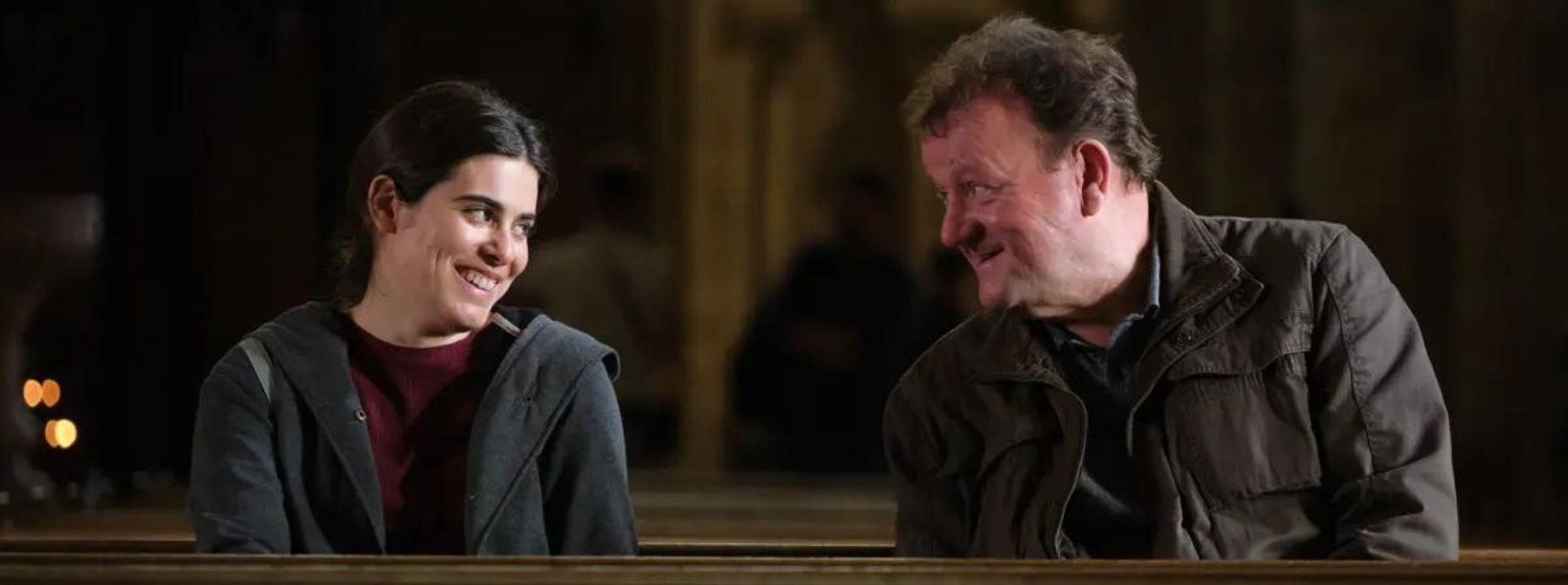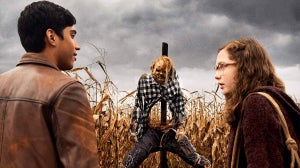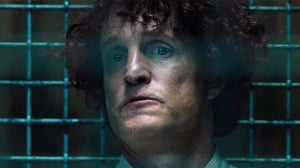
Following two of the biggest successes of his long and storied career – 2016's I, Daniel Blake and 2019’s Sorry We Missed You – the legendary filmmaker has returned to the North-East for the final chapter of a spiritual trilogy, which he’s declared will be his last in the director’s chair.
But why is The Old Oak, a powerful account of social divides in a deprived County Durham town in the wake of the Syrian refugee crisis, the story he wanted to go out with?
https://youtu.be/Fwb0c5zqsyM?si=0Tp9Pv8dDTOprhmy
Loach explained to Zavvi: “We needed to capture proof about how these communities in the North-East have been destroyed because industries like mining or shipbuilding have gone away, and nothing has been put in their place.
"Nothing encapsulates that more than the former mining villages, which have just been left to decay – people have left in droves as there’s nothing there, and we wanted to share what has happened to those who are left. That region was chosen to take more refugees per capita than anywhere else in the UK, and it’s already a place where the population feels neglected and abandoned.
"The question we wanted to explore was, how can these two different communities live together, when people who are fleeing a civil war and might not be able to speak English are arriving in a town which is already dealing with a certain trauma of its own?”
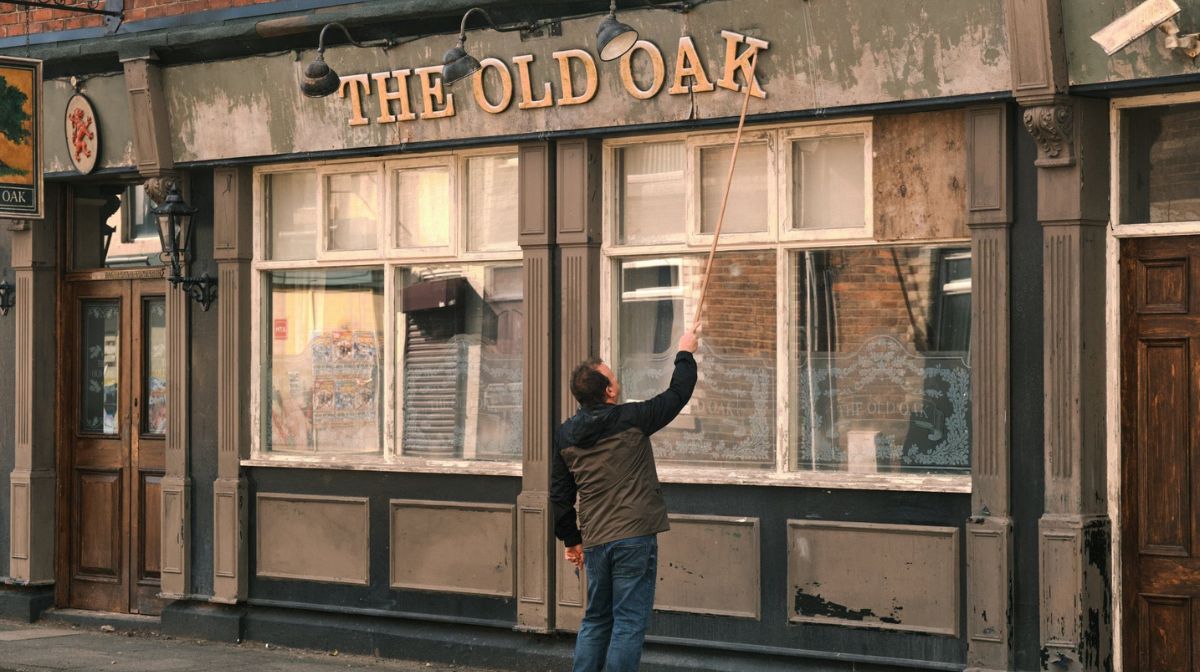
Loach’s most recent films are defined by their passionate left-wing views, angry at successive governments that have made it harder for working class people to get by.
The Old Oak is far more complex in this regard, however, as grappling with the weight of this story means empathising with several contrasting viewpoints about immigration – something the director and his regular screenwriter Paul Laverty were keenly aware of when they decided to make this their final collaboration.
He continued: “Our initial plans for this story involved the far-right coming to the village to stoke hatred after the arrival of refugees, with a Tommy Robinson-like figure operating there. But we found that it was much better to focus entirely on the village itself, because they have a legitimate right to be angry after everything that has happened to their community.
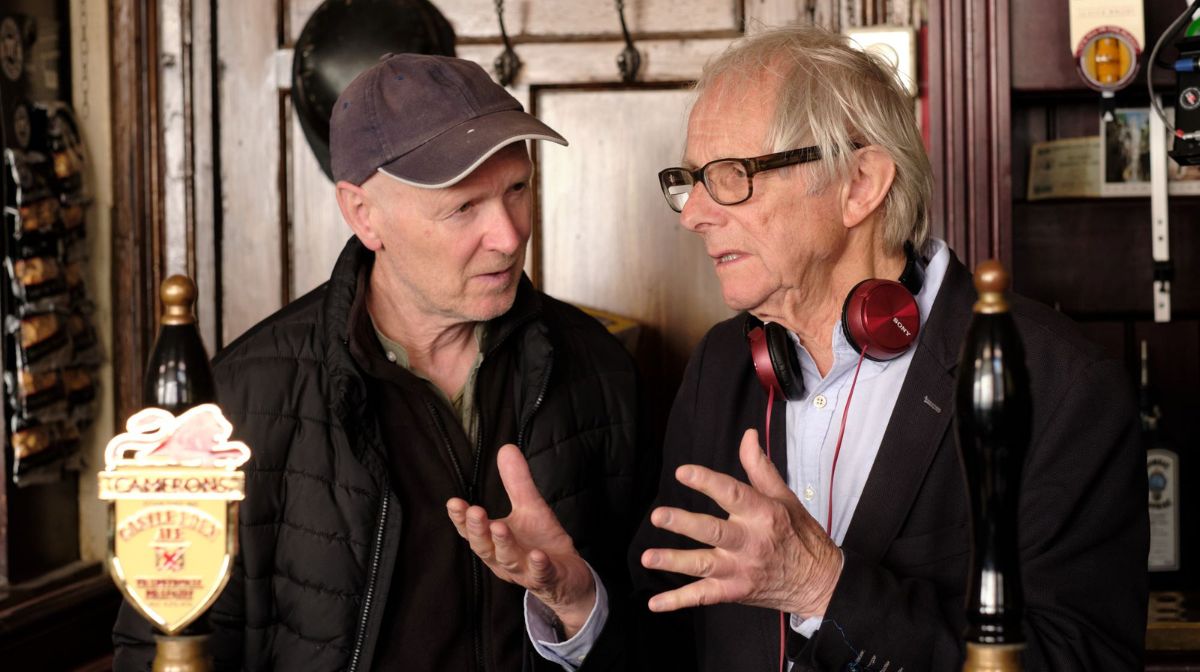
“There’s been no investment to keep the village alive; the infrastructure is crumbling, schools are overcrowded, and houses that used to cost 50 grand are now worth 10. They’re not a wealthy area and so they can’t adequately help refugees, but some people will see their legitimate concerns and use them as an excuse to start sharing views about how they hate foreigners, and these sentiments end up getting spread further.”
To make sure that no character from either community became a simplistic caricature, Loach and Laverty embarked on a tour of the region in 2019, speaking to refugees and their neighbours. Many of the stories they were told made it into the finished film, including the harrowing opening sequence where a camera belonging to Yara (newcomer Ebla Mari, in an astonishing debut performance) gets destroyed in a racist attack.
The director discovered Mari after searching for actors from Syria; she doesn’t come from a war-torn area, but her home is just a short drive away from the frontlines. The director hailed her “positivity and ability to connect” with others, a remarkable feat for any newcomer, but even more so for one who hadn’t even heard of Loach before she landed the role.
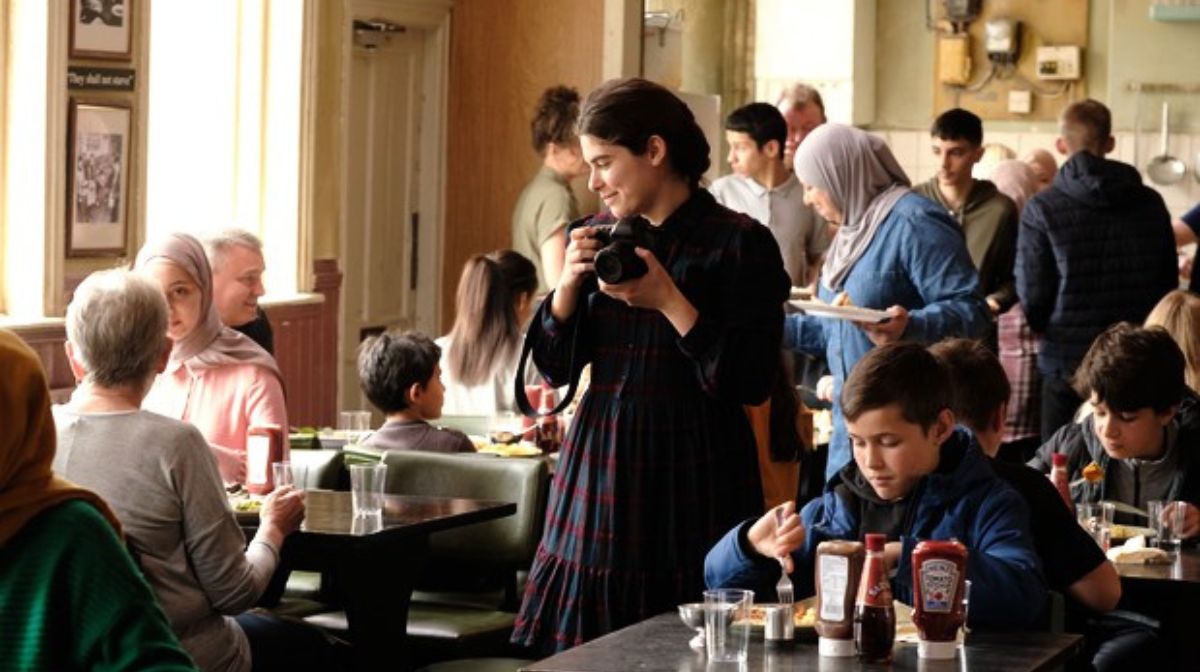
The lead character, pub landlord TJ Ballantyne, is played by Dave Turner, another non-professional actor who had minor roles in Loach’s two prior films. He was unexpectedly offered the lead role this time around due to his everyman qualities, as the filmmaker explained: “we needed someone the audience can trust, someone who has experienced the worst and has grown resilient.
“Mari is a character who is fascinated by the history of this village from the moment she gets there and starts taking pictures, which is how she’s able to make this very human connection with someone who has also built up this strength after having the odds stacked against him for years.”
The film doesn’t shy away from the hardships both face, with some particularly grueling moments in both of their journeys – but ultimately, Loach regards the story as one of hope.
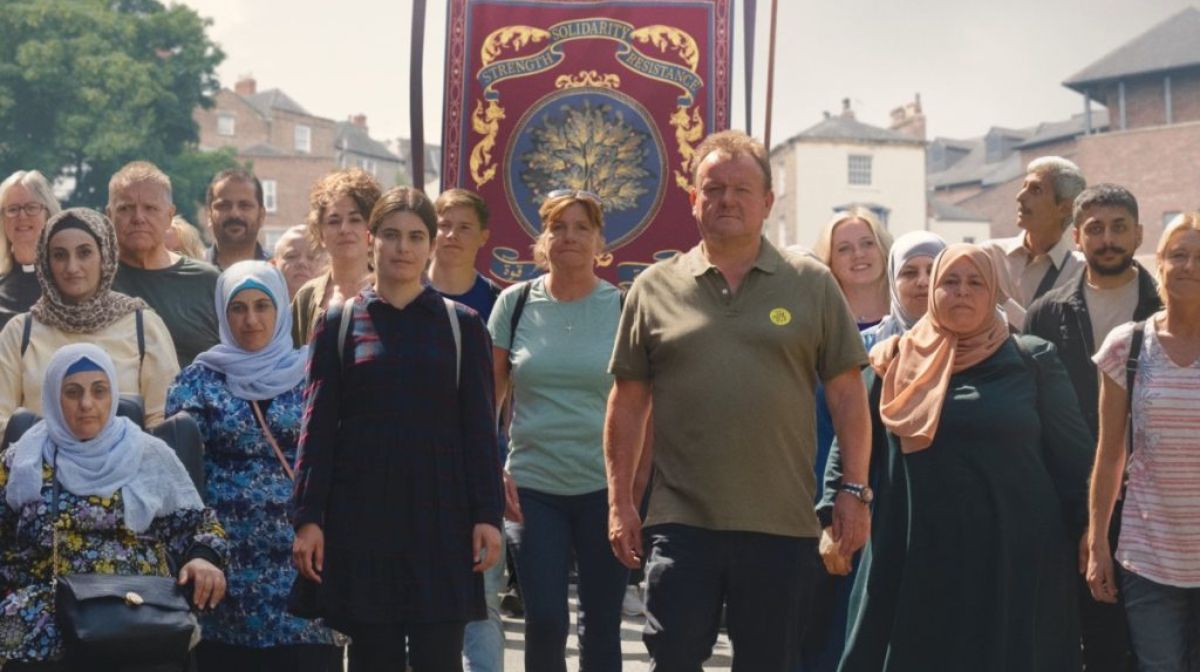
“Well, I hope it is, anyway!” he laughed. “But in telling stories about these divisions, you can’t succumb to wishful thinking that this film alone will solve these issues and help establish a fairer society for everybody.
“I think there is generally a sense of solidarity with refugees amongst the public, and I think without the government’s current policies, it’d be easier for us to be much better neighbours. Refugees have already suffered horribly, and there’s a shortage of humanity to how they’re still getting treated by the system”.
This reflects various surveys of the British public’s attitudes towards immigration in recent years, which have grown more positive. Loach doesn’t entirely believe that this alone means the country is necessarily welcoming on the whole though, and that even though this film is set in 2016, many of the attitudes of the characters here are still reflected in our current moment.
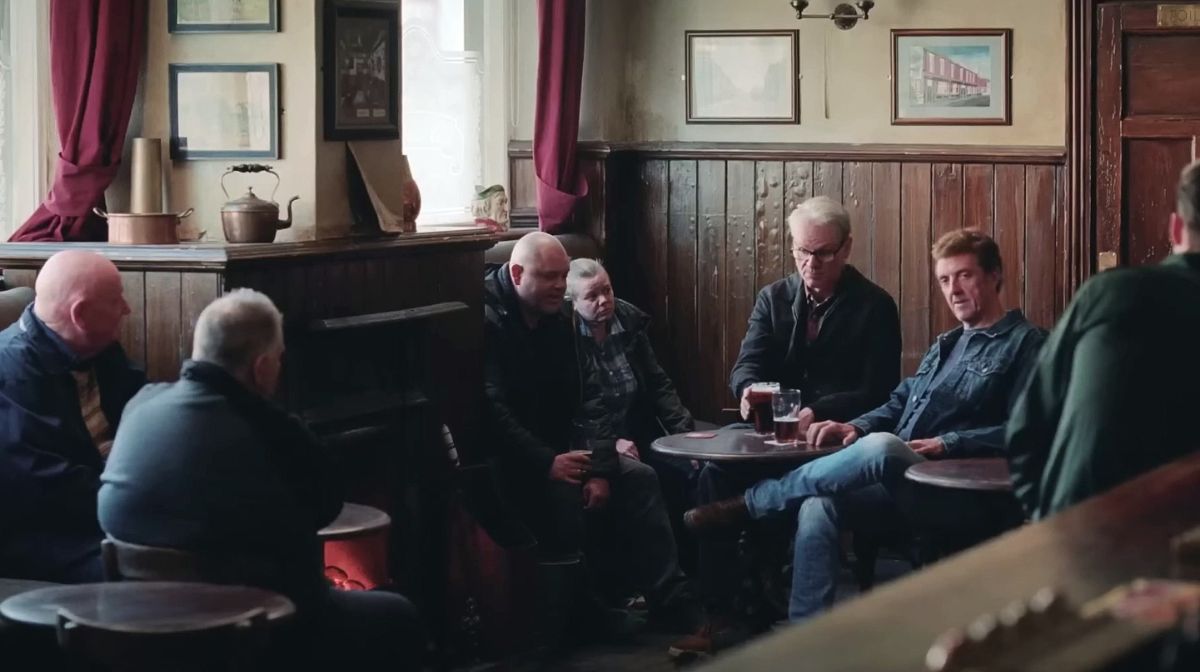
“Just look at how Suella Braverman responded after the centre for migrants was attacked – she was still talking of an “invasion” in the wake of that, effectively showing sympathy for that attack. The way the government and the media talk about these people in need continues to be disgusting.
“And you see the torrents of abuse people can get online for offering support of refugees, it’s distressing – it's the kind of thing that would drive people to suicide if it happened outside of the internet, in the real world.”
In short, even as he’s embarking on a well-earned retirement, Loach hasn’t removed his finger from Britain’s political pulse. The Old Oak is an often-difficult watch, but like so many of his films, it’s a necessary conversation starter for a deeply humane cause which shouldn't be overlooked.
The Old Oak is released in UK cinemas on Friday, 29th September.
For all things pop culture, follow us on Facebook, Instagram, Twitter (formerly X) and TikTok.

